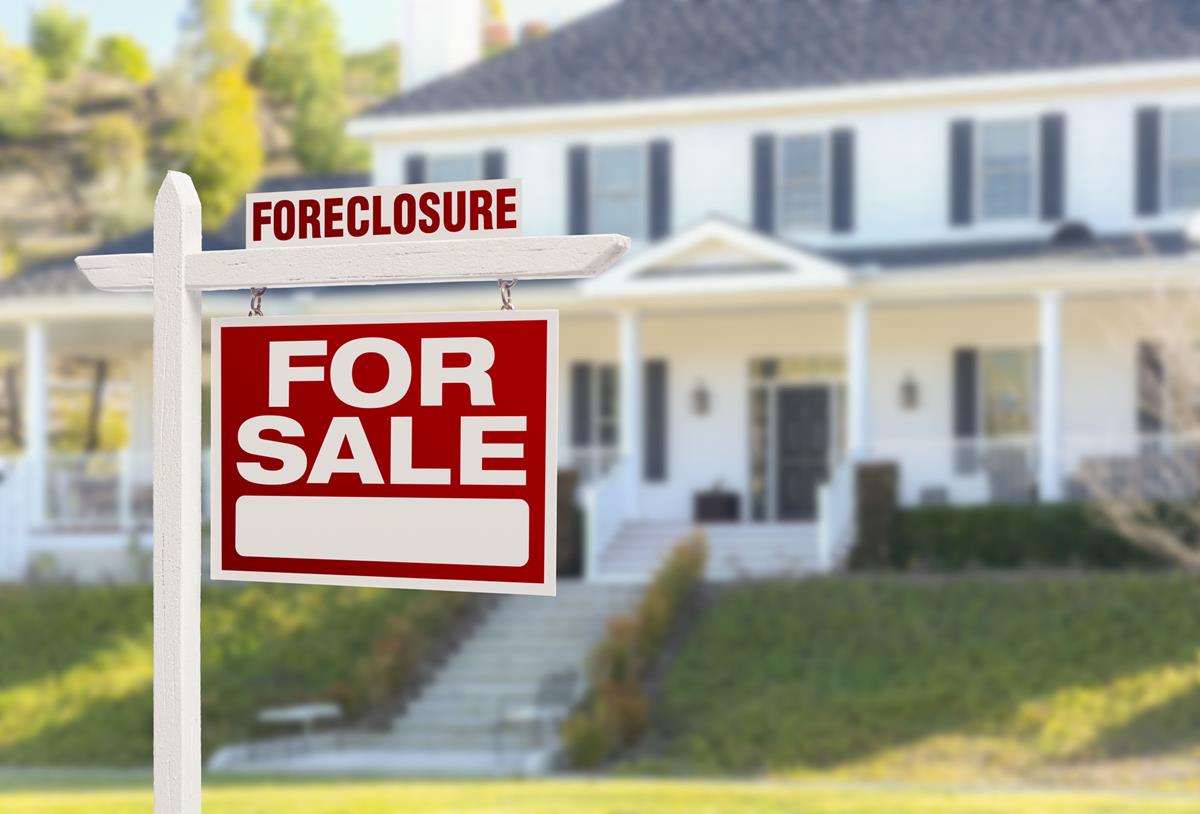Once you fail to pay your home mortgage payments, foreclosure may happen. It’s the legal means that your lender may use to take over or repossess your property.
When foreclosure happens, you should move out of your home. If your house is worth less than the amount you owe on your mortgage loan, there will be a deficiency judgment. If it happens, you won’t only lose your house, but you’d also owe your lender an extra amount. Both deficiency judgment and foreclosure could have an impact on your ability to qualify for credit in the long run.
Luckily, there are some tips to avoid foreclosure, and these include the following:
#1 Consider Short Sale
One of the tips to avoid foreclosure is to consider a short sale, which is the process of selling your house wherein the money made is less than the amount left on your mortgage. There are companies that buy houses and can make the short sale process easy and hassle-free for you.
Even if mortgage lenders get less money from it, a short sale is still a good alternative from foreclosure both for the homeowner and lender. Homeowners can avoid foreclosure with a short sale although the property is being sold.
#2 Educate Yourself
Regardless of the type of property you own, whether it’s a small bungalow or something bigger, if you’re nearing foreclosure, you must educate yourself on your legal rights and on what’s happening. Most initial late payment notices contain information on foreclosure prevention options.
Make sure to be informed and know how your state handles foreclosure. The reason behind it is that there are states that are judicial foreclosure states, which means that the lender will file a lawsuit against you before you can move forward with the proceedings. In non-judicial foreclosure states, it isn’t a requirement. So, determine which kind of state you’re currently living in to know the best solution for you.
#3 Consider Forbearance
It’s a process wherein mortgage lenders agree to halt the process of foreclosure and even every mortgage payment for a certain amount of time. Forbearance also provides homeowners some breathing room until they’re ready to pay the mortgage and stop a foreclosure from being filed.
#4 File Bankruptcy
Another way to stop foreclosure is by filing for bankruptcy. No matter what phase of foreclosure you’re in, once you file for it, the federal law will stop debt collectors from continuing any collection activities. Since foreclosure is also considered as a collection activity, the foreclosure process will be frozen effectively. However, keep in mind that bankruptcy will only buy you more time to recover financially or replace your job, and won’t get rid of your debts.
#5 Try Reverse Mortgage
It’s when homeowners ask for cash through the home’s equity. A reverse mortgage is basically a mortgage loan, but it’s similar to refinance. When you’re in a bad situation, it can help you get a huge amount of money at once, which you can use to pay your mortgage. Even if there are several stipulations when it comes to reverse mortgage, the money from the equity is another line of credit that can be used for stopping foreclosure and paying the mortgage.
Conclusion
There aren’t easy strategies to prevent a foreclosure, but it doesn’t mean that you can’t avoid it. With the listed tips above, you can save yourself from facing foreclosure and stop it from happening. So, make sure to keep those things in mind to stay well-informed and make wiser decisions and choices.







